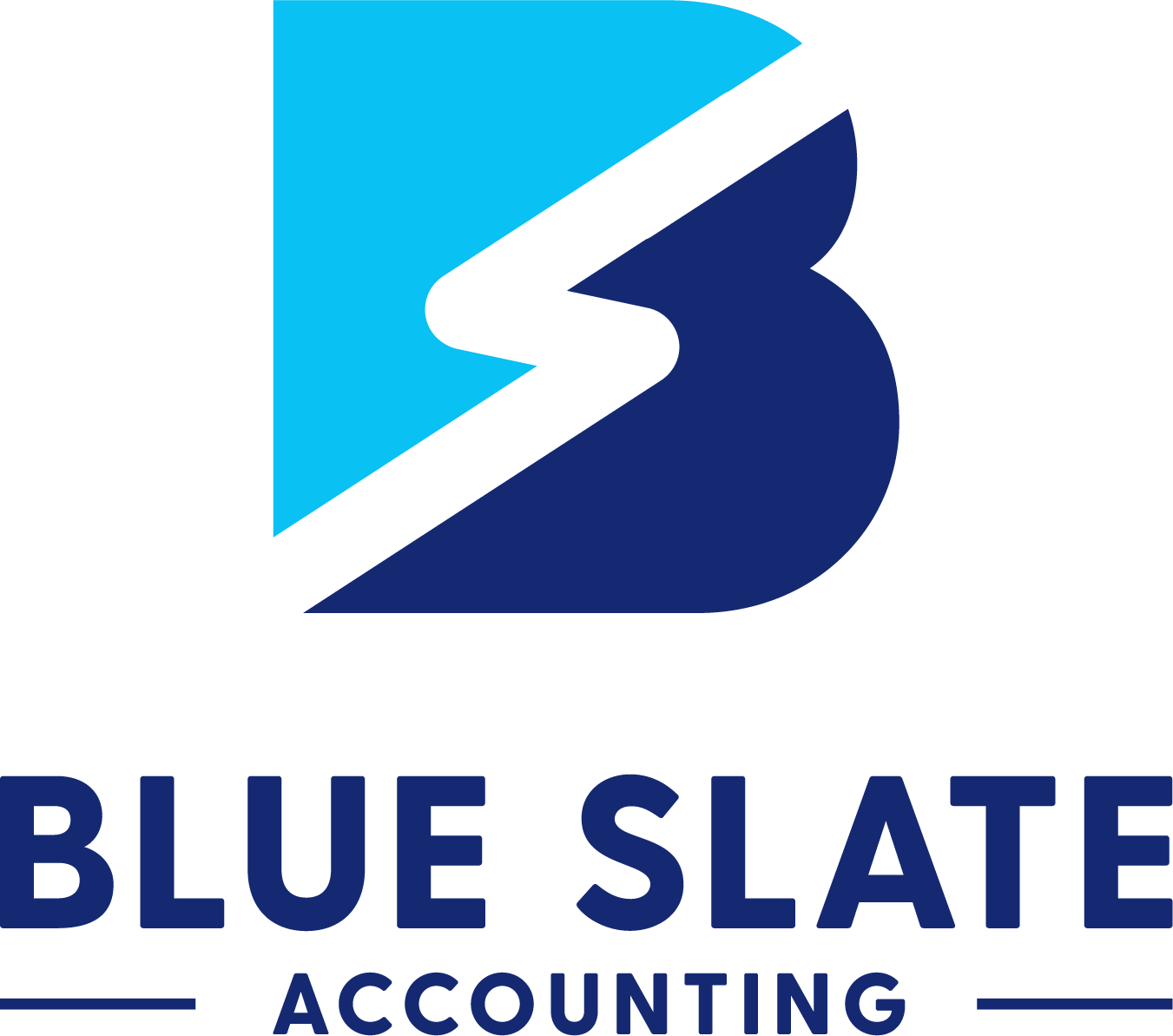4 Small Business Bookkeeping Basics to Further Longevity
Staring at the disorganized box of financial records, Steve decided to take a nap. But when he awoke, the box was still sitting there.
Taking a deep breath, he silently wished he’d taken his books more seriously.
Details are important, even if they aren’t your favorite as a small business owner. View them as the stepping stones to achieving your long-term vision.
We want to help you identify these stones for increased confidence and sure footing.
Read on and move one step closer to a secure financial tomorrow.
Why is Bookkeeping Important for a Small Business?
As the doors of businesses shut for good during COVID, staff were faced with a stark reality. Some joined new companies. But others went a different route.
Entrepreneurial-minded employees like yourself chose to become your own boss.
- Over 5 million new U.S. businesses were formed in 2022
Less than the record year of 2021, this number is nonetheless a positive sign.
Before we cover small business bookkeeping basics, it’s necessary to address why you should record financial data.
- 20% of small businesses will fail in their first year
Lack of funding and market conditions do factor into this statistic. But another major contributor is poor bookkeeping.
Monetary decisions you make early on either hinder or help future growth. Because profitability takes time, create an organized system
before your website is even up.
Don’t wait until that first customer takes a chance on you. Start once money begins to flow out.
Small business online
bookkeeping is going to reinforce your venture during the startup stage. And other activities like marketing and sales will build upon that foundation.
The source of funding isn’t as important as how you steward that capital.
You likely have a budget for your family. Bookkeeping is similar because it leads to wiser spending decisions.
Now let’s get to the 4 basics that will support your business structure.
How to Keep Small Business Books Up to Date
Don’t worry if math isn’t a strength of yours.
Small business
bookkeeping help is out there.
Technology will be your friend in balancing your books. A professional accountant is another great option. Even in your early years of entrepreneurship.
We want to provide a few pieces of advice to get you going.
Recording basics:
- Create a dedicated business bank account
- Use accounting software
- Establish backup records
- Schedule a monthly review
Let’s unpack each fundamental a bit more.
Business Banking
After filing a Fictitious Business Name (FBN) and acquiring an Employer Identification Number (EIN), open a business checking account. Consider credit unions as they are typically geared towards businesses of your size.
Set up recurring and one-time payments to go through this source.
Mixing personal and business expenses creates extra work during tax season. Plus the IRS prefers that you don’t. Avoid this temptation from day one.
Because business expenses are tax-deductible, you can increase your savings by separating cash outflow. A small win early on is nice.
Your first year in operation will yield the highest tax break. But amortization will allow a portion of future spending to also apply.
Another perk of your dedicated account is that it negates the need to sift through personal checking for individual purchases. Preventing a headache and decreased productivity.
Accounting Tools
Bookkeeping software should be factored into your startup expenses.
Benefits:
- Informed awareness of your venture’s financial health
- Flexibility to expand reporting as you scale up
- Helps you focus on the most important metrics
Xero and Quickbooks are popular selections. Compare them to see which meets your needs most effectively.
Our favorite is Xero, but we’re certified with both tools.
Their capabilities for your purposes include:
- Scanning receipts
- Integrating with your bank accounts
- On-demand reports for analysis
- Dashboard of cash flow, profitability, etc.
Since many small business owners run their operations from a smartphone, app access is another helpful addition. Giving a quick overview as you purchase equipment, inventory, and other assets.
One word of caution. As with any technology, it’s no substitute for due diligence and attention to detail. Don’t rely on it for the answers, it’s simply a guide for more informed judgments.
Records Safekeeping
Having a “downtime” system in place allows you to weather any online issues. For example, bugs or other problems on the developer side of your bookkeeping software.
In the event that the technology goes down, your financial reporting can keep plugging away. Efficiency at its finest.
Offline backups:
- Physical receipts
- Files on your desktop or laptop
- Flash drive
- External hard drive
You may see this as double work. But you’ll be happy if the technology is having extensive issues. Or the software company goes under.
Consistent records will also decrease the risk of an IRS audit in your business’ future.
They’re becoming less common than electronic transactions, but you might have printed receipts. Keep them in a file folder with tabs for specific categories. Such as advertising, equipment, and software.
Bookkeeping Audit
Ideally, you should be reviewing business finances every month. If that’s not possible, do it every quarter.
With software, this process is accelerated.
Possible steps:
- Upload previous month’s receipts
- Attribute income from various bank accounts
- Look at cash flow, revenue, expenses, profitability
- Download the report of above metrics
Don’t spend hours and hours on this ongoing task. The main goal is to ensure accuracy come tax season. Plus provide benchmarks for financial forecasting.
Initially, these bookkeeping basics are within your power to handle. But post-launch, and especially after revenue starts coming in, think about outsourcing to a pro.
To conclude, we’ll help you hand off this non-revenue generating side of your business.
Blue Slate Accounting Small Business Bookkeeping
Something is missing from the bookkeeping field.
A human approach to personalized business services. Pittsburgh, PA is our home, but we’ve worked with small to mid sized businesses across this great nation.
Aiding their pursuit of a financially healthy venture.
Expect tailored recording from your personal Blue Slate Accounting team member:
- Matching receipts to bank and credit card statements
- Bank account, credit card, and loan reconciliations
- Applying customer payments to in-house generated invoices
- Accounts Receivable tracking and invoicing services, including reminder letters
- Accounts Payable tracking and bill payment services
We provide a quick, realistic weekly snapshot of your cash flow. Allowing you to make informed monetary decisions.
Outsource your bookkeeping solutions today. And
take the first step towards profitability and contentment in your business!










